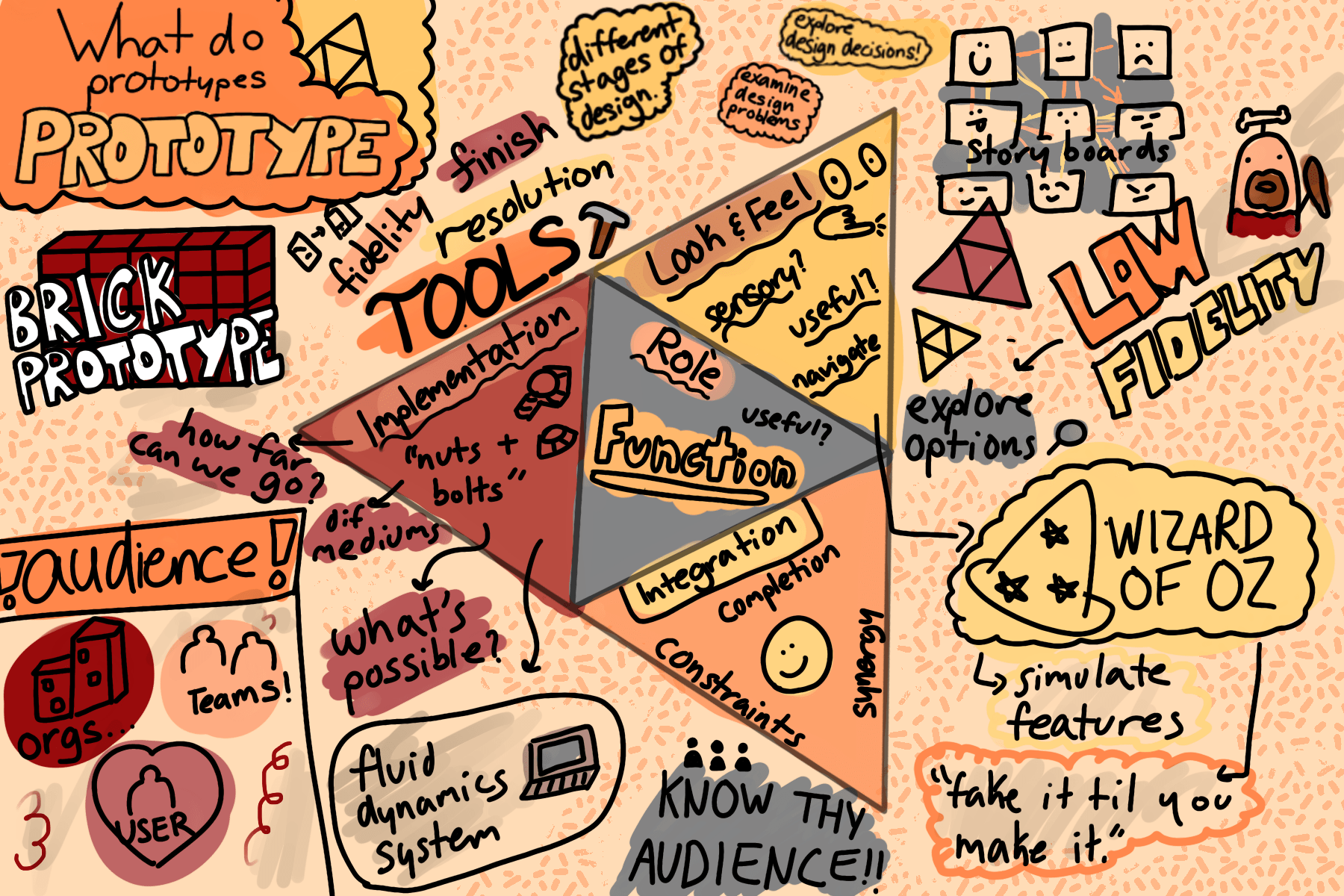
In this blog post, I will be proposing questions that I feel the initial prototype of our game “React!” will answer. For context, In “React!,” all players have a reaction on their back that they cannot see, but all of the others can. Players without the tag must spark a given reaction in the player with one by prompting different contexts where such a reaction is suitable. We are still very much in the beginning stages of our game ideation, but seek to answer the following preliminary questions:
- Since the premise and flow of the game are relatively familiar and simple, should we incorporate new, surprise game mechanics to keep the game interesting? Or, would that be too much?
- Importance: This question is really important to answer for our game as a huge concern for us is that our game may easily get boring/too easy if it isn’t stimulating enough or doesn’t present new game patterns or challenges to its players.
- Type of prototype: We will probably throw in some fun wild cards and observe the player’s reaction to them to see if they make the game more exciting. Also, we will also get a lot of intel just by watching players interact with the base game.
- Guess: I predict players will appreciate the wild cards or implementation of new, original rules. People like excitement and change when it comes to fun, so we should give it to them!
- Are the rules of our game straightforward and simple enough so as to not make anyone confused?
- Importance: No one likes confusing or hard-to-follow games, period. At least for myself, when a game has too many rules or a super confusing flow, the fun just gets sucked away. I don’t want any of our players to feel this way so we need to answer this question in our game testing!
- Type of prototype: We will produce a list of rules that we believe are straightforward and simple. Through the number of times players have to reference/reread the list, we will learn how effective that list is.
- Guess: I feel like our game will be generally easy to follow; however, I do think wild cards or unique rules may make people confused.
- How can we increase difficulty and challenge among cards with extremely straightforward reactions?
- Importance: It is the worst when playing a game that is too easy, and it is even WORSE when you suggest a game to others that is boring. We want our game to be stimulating and fun to play; this means a level of challenge and surprise is required ESPECIALLY for a game like ours that follows rules very similar to well-known games like charades and Pictionary. We definitely don’t want to be a busted, too-easy knock-off :/.
- Type of prototype: We will create a list of cards with different reactions and difficulty levels and then observe how fast players can guess the answer. If they are all guessed way too quickly, we will have to adjust our rules.
- Guess: I feel like there are going to be some cards that will be super easy and not as fun as the others; I predict there will be a lot of adjustments my team will need to make.
- Do people even find our game fun and want to play it?
- Importance: I think this is honestly the most important question on the list. Is our game idea even fun for people to play? If not, we have to do some serious rethinking. If our game doesn’t make people happy or excited, we essentially fail as game designers.
- Type of prototype: We will present our game idea through our prototype as clearly and centrally as possible. If the idea itself is disliked among players, we have a lot of redesigning/conceptualizing to do.
- Guess: I feel like people will like our game idea! But, I guess we will see later today!
- Are there gaps/bugs in our game mechanics? If so, how can we work through them?
- Importance: Buggy games with missing rules/mechanics ARE THE WORST! No one likes playing games that just have logical gaps and spur confusion. Also, it just feels like the developers didn’t put in proper work when testing or care that much about the user experience. I would hate putting a ton of effort into creating a game for people to enjoy and having them think I didn’t care enough to test it properly.
- Type of prototype: We will try and make the game and its rules as intensive as possible so any large bugs in the general game flow will become clear.
- Guess: I feel like there will definitely be some bugs we will need to fix. Because we haven’t playtested our game yet, I feel we definitely do not know how a real-time game will play out or its possible areas of improvement. But, that’s just part of the process!


